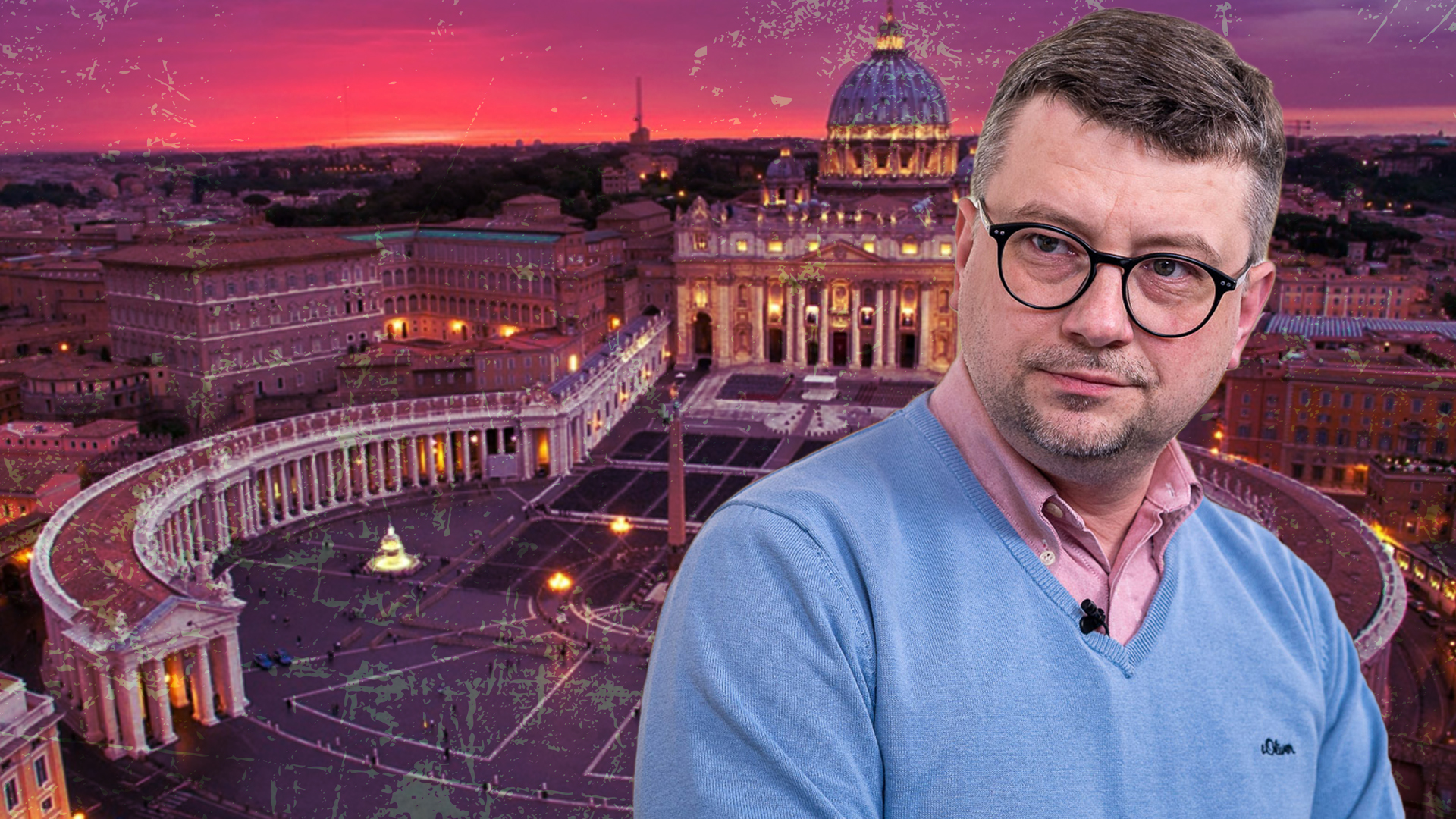
How can we assess the results of the visit of the Pope’s special representative, Cardinal Matteo Zuppi, to Moscow on June 28-29?
«I think we heard the voice of realism here. In fact, we haven’t seen any peace plan from the Vatican. Sometimes there were mentions in the media, but it was never presented as the official position of the Vatican regarding the resolution of this war.»
There was a «peace plan» proposed last summer by representatives of the Pontifical Academy of Social Sciences, authored by Stefano Zamani, which was supposed to balance the interests of the parties. On the one hand, it referred to the cessation of hostilities and the withdrawal of troops and emphasized the neutral status of Ukraine. But there were very vague statements about how this should function in the future. So, it was supposedly a plan from the Pontifical Academy of Social Sciences, but it was never official.
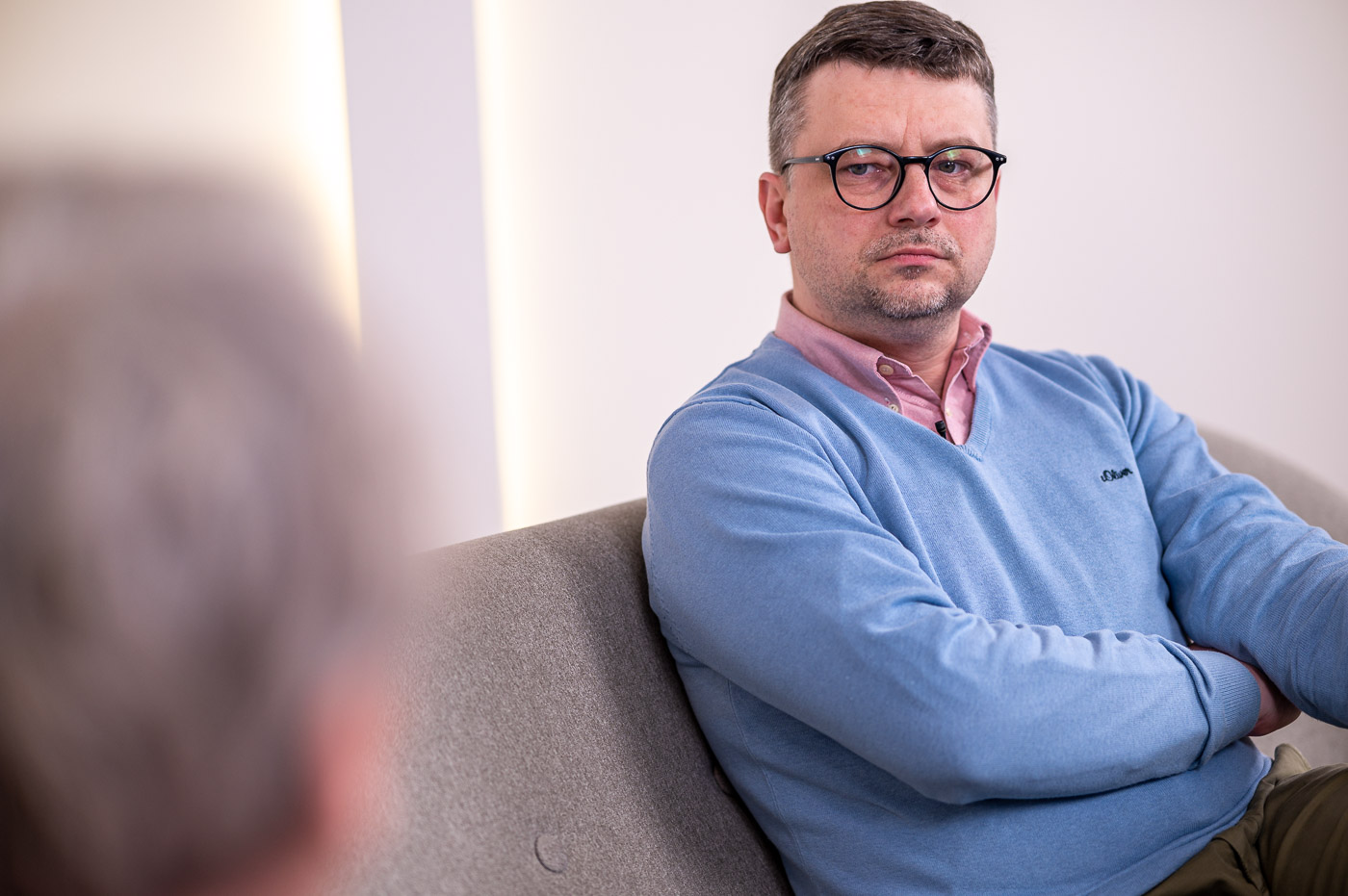
On the eve of the Cardinal’s visits, there were some opinions circulating that there might be some plan and that the Pope supposedly announced it. As the time for these visits approached, these rumors subsided. On the contrary, the Vatican emphasized that these visits were merely a mission. That is, not a mission to implement the plan, but rather a mission to understand the positions of the parties involved. And perhaps based on what will be heard, to develop some steps. The results of these visits are quite pessimistic. In Ukraine, it was understood that there is no way for negotiations, and the Vatican has only now come to understand this.
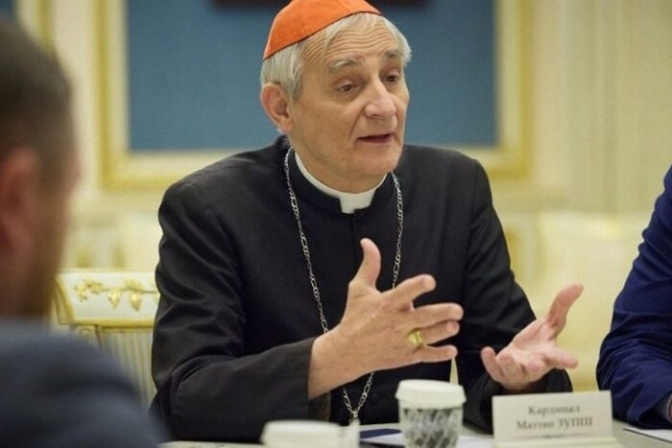
Can we assume that the Vatican will now take a more realistic view of the war in Ukraine?
There have been harsh words (from the Vatican), but later actions or other statements blurred the Vatican’s position. I do not doubt that they sympathize with us because they constantly emphasize that Ukraine is a victim nation. However, not everyone there understands the nature of this conflict and what is behind Russia’s actions.
«Many people consider the war in Ukraine to be a civil conflict between peoples who share a common history and must have a common future. Now there is a certain breakthrough.»
Matteo Zuppi’s words about a just peace, emphasizing that in this war there is a clear aggressor and victim, highlight the unequal responsibilities that cannot be compared.
How was the meeting between Matteo Zuppi and the Russian Commissioner for Children’s Affairs perceived?
It was one of the most triggering photos, where he kindly greets this person. However, it should be understood that this person does not make any decisions, and the meeting was more of a theater. Cardinal Zuppi met with whom he was offered to meet. The Russian and Ukrainian aspects of this visit are extremely contrasting. In Ukraine, he met with the President, high-ranking officials, and Church representatives. The visit to Russia was at a very low level. Ukraine itself requested this humanitarian mission from the Pope and Cardinal Zuppi. If it yields positive results, then it means that Matteo Zuppi has successfully addressed this issue; otherwise, there may be no results at all. Sometimes, good outcomes are worth such meetings and photos that we may not like.
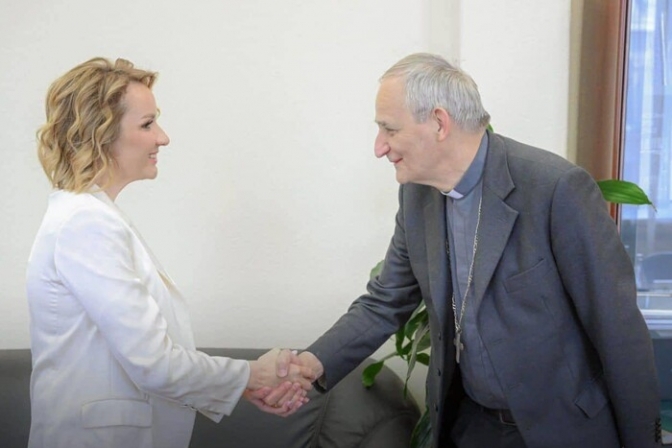
How do religious leaders in other countries react to what is happening?
Much depends on geography. For example, our Polish colleagues understand us more. There were no disputes between all the conference participants at UCU the day before, but rather discussions about the details. But such conferences are an opportunity to reflect together. An important topic discussed at the conference was religious diplomacy and its essence.
«We have reached a point where religious diplomacy is no longer driven by church or religious factors, but has become heavily influenced by political processes, as evident from the current situation.»
As we discuss the involvement of the World Council of Churches in ending the war, the recurring notion is that the Russian Orthodox Church exploits this movement to advance Russia’s political interests. Finding an exit strategy and reaching a resolution is challenging and demands deep comprehension. Skillful religious diplomats should focus on returning to discussions on genuinely significant issues and persuading representatives of the world’s religious community.
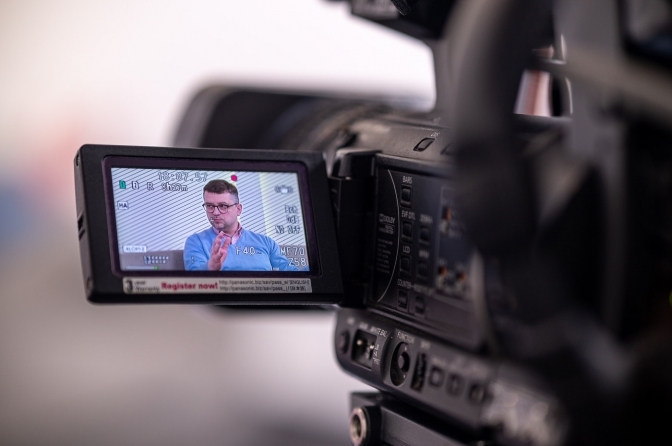
Do church diplomats realize that the eviction of the Russian church from the Kyiv Pechersk Lavra is not an attack on religious freedom?
«It is the thin line between religious freedom and national security.»
Everyone agrees that the balance must be maintained. One conference participant approached me and mentioned that in the United States, they wouldn’t even know how to address this issue as they lack experience in leveraging the church for political influence. In Ukraine, there is an understanding that the leadership of this structure promotes Russian narratives. There are clear talking points being transmitted by their key spokespersons. But what about the parishioners who have become hostages and may not have a deep understanding of canonical matters? Two strategies are needed: engaging parishioners in friendly discussions and ceasing the church’s anti-state activities. Mechanisms should be in place to prevent the church from being used in Russian interests. In a letter from the State Service for Ethnic Policy and Freedom of Conscience, the problem of the Ukrainian Orthodox Church-Moscow Patriarchate was clearly explained, along with steps they could take to address the situation. It involves a clear break with the Moscow Patriarchate, a church that supports the genocide of the Ukrainian people. As long as this is not done, the society and the state will continue to make demands of this organization.
Translated by Yulian Lahun
Follow us on Facebook and Instagram. Lviv Now is an English-language website for Lviv, Ukraine’s «tech-friendly cultural hub.» It is produced by Tvoe Misto («Your City») media hub, which hosts regular problem-solving public forums to benefit the city and its people.












